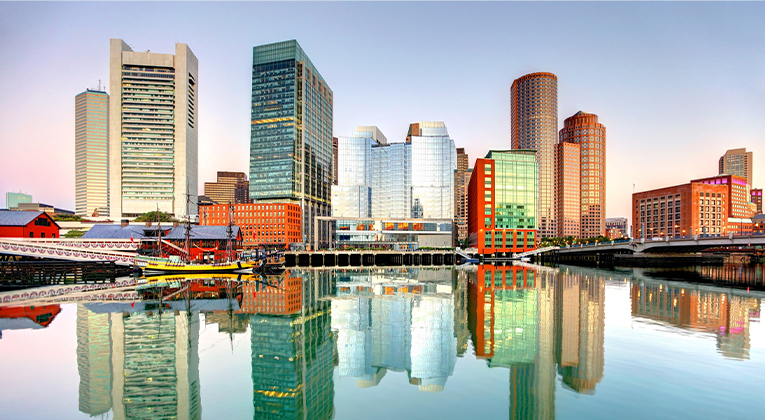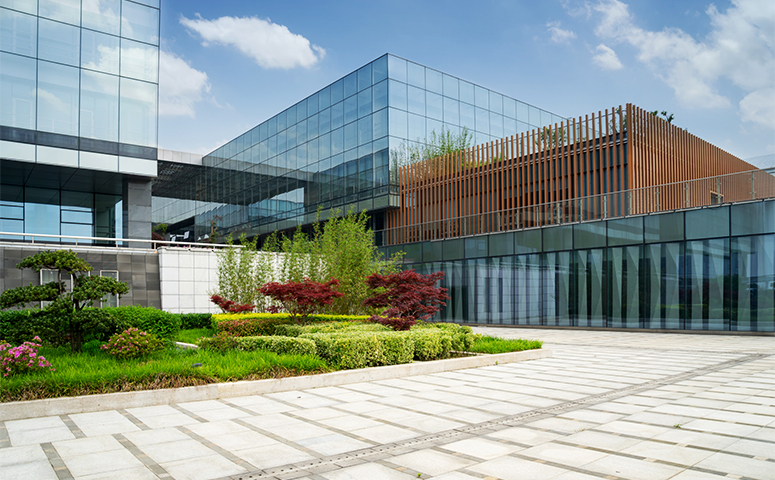Biotech Slowdown in Boston Creates Robust Sublease Market and Tenants Are in the Driver’s Seat

Nick Amarante, senior vice president of Hughes Marino, a founder of the Boston office, and one of the founders of the company’s HM Science division, is featured in a recent Boston Globe article looking at the biotech slowdown in Boston and its impact on life science real estate. The frenzy of biotech investment during the COVID-19 pandemic has shifted to serious cutbacks across the industry, with companies now focused on streamlining pipelines and headcounts. Where booming biotech businesses were once eager for space—seeking to lease between 6-8M square feet (SF) across Boston in 2021—now East Cambridge vacancy rate for lab space has climbed above 5% for the first time in nearly a decade, and overall market availability is approaching 35%.
And new space keeps coming. Some 15M SF of new development in greater Boston is currently in the works, scheduled to become available in the next three years, and only one-third of that space is pre-leased.
Aggressive leasing during the covid boom and a tightening in VC funding has led to a robust sublease market and biotech companies in the Boston region can now secure built space far better terms than they would have during the height of the pandemic. Across greater Boston, there are 90+ subleases available, totaling over 2M SF, compared to virtually zero just 18 months ago—and two to three new subleases are being added each week. Combined with the fertile sublease market is an overall dip in rents for existing buildings and falling prices for new construction.
For the next 18-24 months at least, life science tenants are in the driver’s seat, with current tenants eager to cover the cost of empty lab space, and landlords eager to compete with the sublease market.
New tenants now have the ability to set extremely favorable conditions—including term length, rent abatement, phase-ins and tenant improvement allowances. In most cases, they can secure full turnkey build-outs for their ideal lab space.

Hughes Marino provides interested life science tenants with a detailed roadmap of the sublease market, highlighting 90 such available opportunities across Cambridge, Boston and surrounding suburban areas totaling over 2M SF. Please reach out to our team at [email protected] to receive our Boston life science sublease analysis.
“These sub-landlords have a melting ice cube on their hands and need to reduce burn rate quickly,” says Amarante. “That means they will accept substantial discounts to their remaining rent obligation if it is going to get the space subleased. This inevitably has led to a spill-over effect where the landlords have to respond, and all are now offering significant free rent concession packages and turnkey tenant improvements and will do whatever it takes to try and compete with the sublease market.” The market is shifting at a blistering pace and well-funded companies finally have leverage and optionality to execute on real estate solutions that meet their company goals and objectives.

